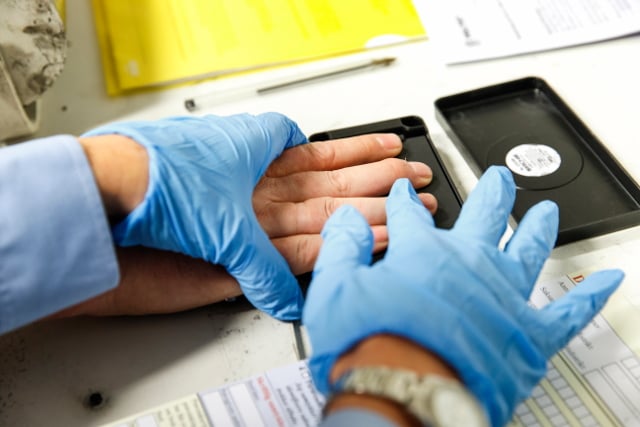Swedish police have previously had to send a request to the US in order to search for fingerprints in the FBI's database, a process which usually takes almost two weeks, reports Swedish radio.
But after the summer police in the two countries will be able to browse each other's fingerprint registers for crimes for which there is a potential custodial sentence of more than a year in jail.
The background is that the US is allowing visa-free travel for Swedes, among other nationalities, and in exchange has requested to get access to and share police information between countries. Sweden and the US agreed in principle in 2011 to share fingerprint information, but critics have expressed concern over privacy and it has been the topic of two separate government inquiries in Sweden.
Only the Left Party voted against the decision in parliament.
“This means that the US can access Sweden's entire fingerprint register for crimes that have a fairly short sentence in Sweden,” the party's spokesperson on legal issues, Linda Snecker, told Swedish public radio.
But Interior Minister Anders Ygeman argued the agreement would benefit both countries.
“I believe this is mutually beneficial because both Sweden and the US will be safer by us being able to find out who has been at a crime scene,” he told the radio.
Asked why he thought it had taken so long to make the decision, he said: “I think it's to do with biometric information being perceived as sensitive and it is important that there are good rules regulating the exchange of biometric information and that there is far-reaching data protection and privacy protection.”
The decision means that the US federal police will get access to Sweden's 165,000 fingerprints of suspects and convicted criminals, and Sweden will get access to the FBI's register of around 100 million. Sweden has been able to search for fingerprints and DNA in a number of EU countries since 2013.



 Please whitelist us to continue reading.
Please whitelist us to continue reading.